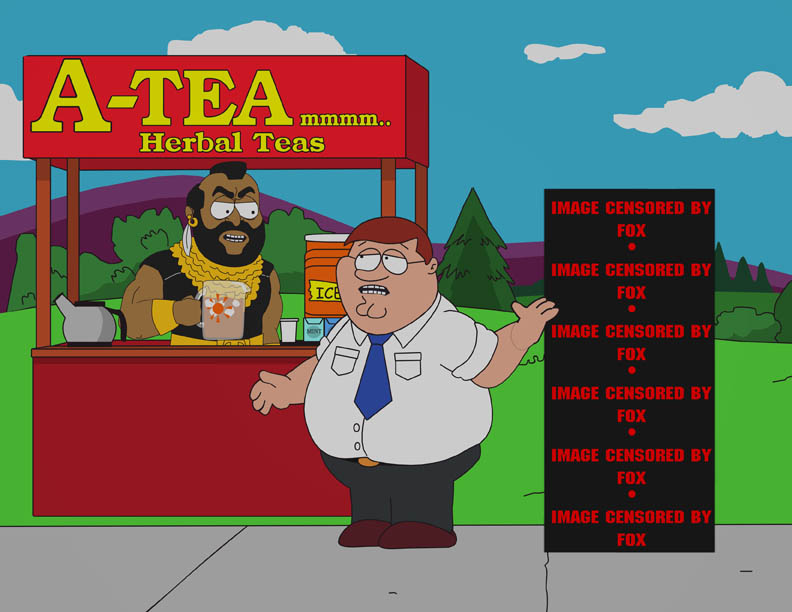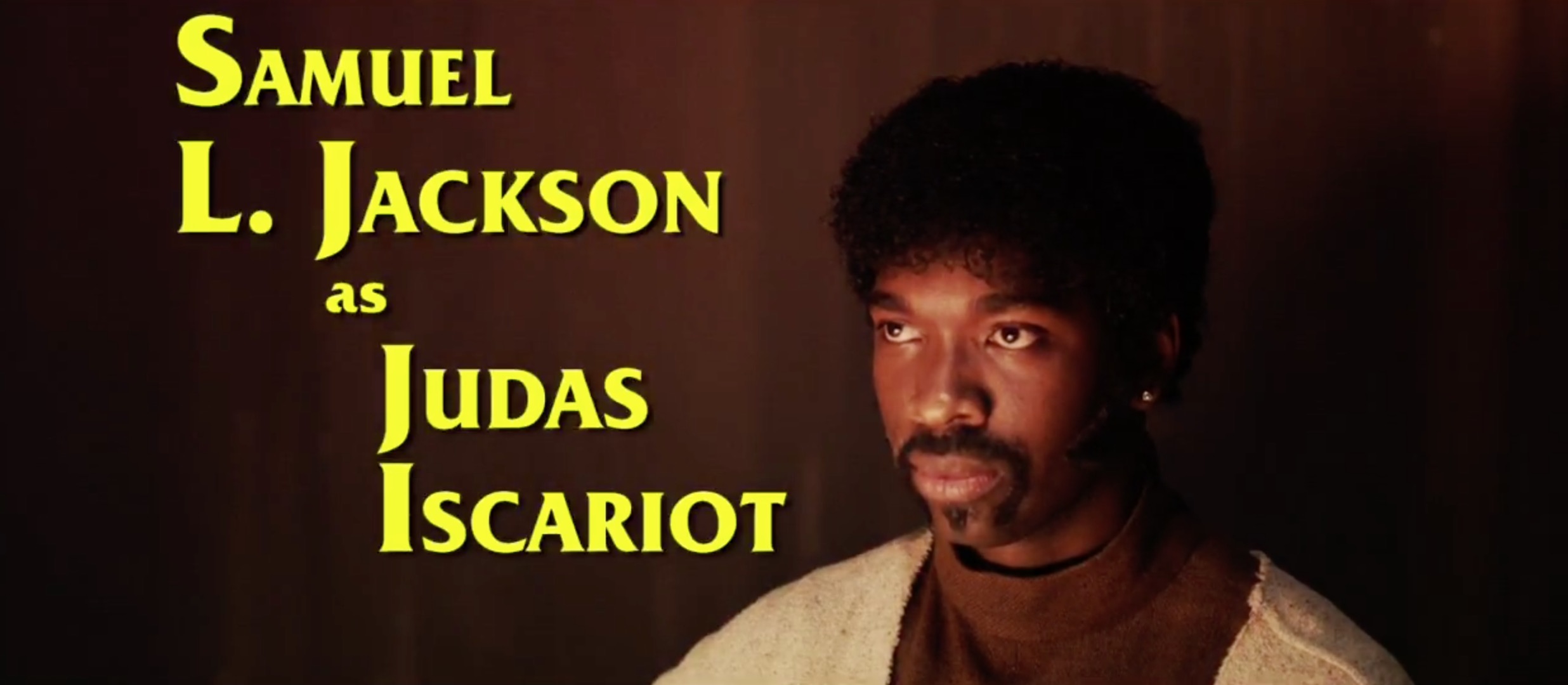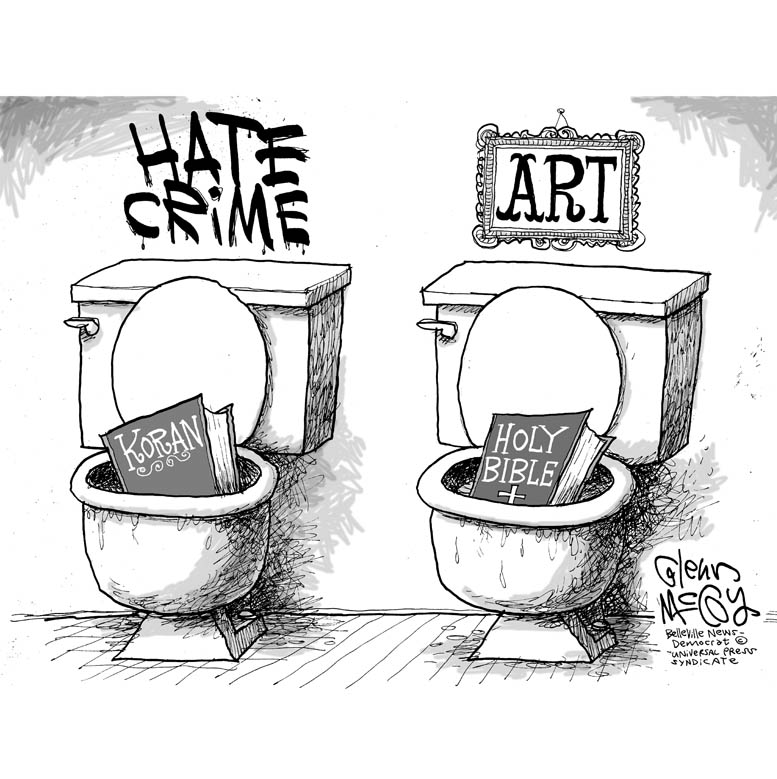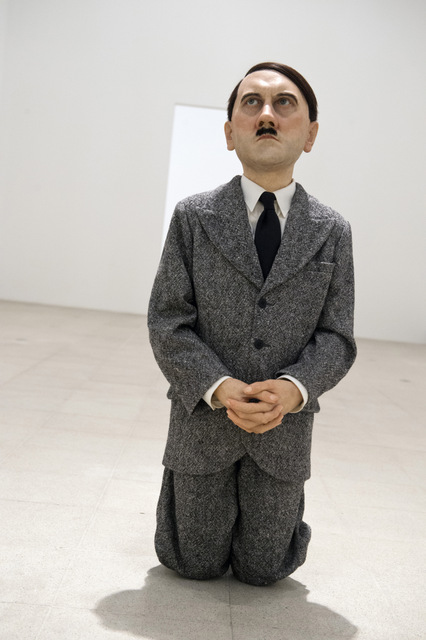
THE FOLLOWING PROGRAM INCLUDES COARSE LANGUAGE AND DUE TO ITS CONTENT SHOULD NOT BE VIEWED BY ANYONE
Throughout its 21 seasons, South Park has been a popular cultural staple as well as a satirical source of subversive commentary on life. Creators Matt Stone and Trey Parker have used the show as a mechanism to push boundaries and share their opinions on a variety of controversial subjects. The provocative elements of the show, including habitual use of profane dialogue and explicitly mature subject matter, have led them to face widespread criticism from many groups that have found themselves at the hands of the often crude writers of the show. Religions, political groups, age groups, companies, races, gingers, and so forth have served as the punchline in one or more episodes of South Park, and Comedy Central has continued to air hundreds of episodes despite any offense they may cause. That is until the release of Season 10, and with it the episodes “Cartoon Wars Part I” and “Cartoon Wars Part II,” a two-part story line that drew immense attention before the episodes even aired. These episodes included a depiction of the prophet Muhammad, which was taken as an insult and threat by Muslim people, eventually resulting in Comedy Central censoring the episodes. It is important to note that visualizations or depictions of the prophet are not explicitly prohibited by the Quran, however it is highly discouraged as an important facet of Islamic religion is the exclusive worship of God and not religious idols. This in mind, what makes this situation particularly interesting is that this was not the first time the South Park writers used the character Muhammad in their plot.
Years prior to the release of “Cartoon Wars Part I,” another episode of South Park aired with a depiction of Muhammad as a superhero for a brief moment, yet there was hardly any riot or even any widespread criticisms. For the most part, that episode caused no debate, the reason for which is completely dependent on when the episode aired. The first episode of South Park containing a character representing Muhammad was titled “Super Best Friends” and aired during the 5th Season in 2001. Years later, a controversy in Denmark arose over a cartoon published in Jyllands-Posten on September 30, 2005 titled “The Face of Muhammad.” A dozen sketches and cartoons showing “Muhammad” were submitted by artists to be published, and by late January of 2006 the sketches had sparked retaliations through the Middle East and later into Europe after being published in several other European countries. By the time “Cartoon Wars” aired in October 2006, depictions of Muhammad had become a dangerous topic. In these episodes, Stone and Parker parallel the situation they found themselves facing with their own network, and derived the plot from the very same debate of whether or not it is ok for those who are not Muslim to depict Muhammad, and whether it is a violation of our right to free speech when an image of controversial nature is censored.

The first episode of the two begins with the people of South Park in a panic over a new episode of Family Guy that is set to air that week containing an image of Muhammad. The violent protests we experienced in real life following the publication of the Danish Muhammad comics also occurred in the reality of South Park, and they begin to fear what might happen in America if the show is released. As the air date gets closer, Fox Television and the Family Guy writing staff receive serious threats from Al-Qaeda, and the citizens of South Park question whether or not the network will censor the image. Throughout the episodes the idea of censorship is debated, as well as the dispute of all or nothing: if one problematic topic is unacceptable, does that make the rest of it unacceptable? Part one ends with a sneak peak of what is to come in the subsequent episode, effectively hooking the audience and urging them to watch the second part to see whether the image would be censored on Family Guy, the real question for the audience being whether or not Comedy Central would end up censoring South Park. One of the characters, Eric Cartman, goes to Fox to have the Family Guy episode pulled for selfish reasons, and uses this idea that once one controversial topic becomes off-limits, all the controversial topics that have been used or could be used can be shot down by anyone who takes offense. His friend, Kyle, finds out that he is aiming to gradually destroy Family Guy by encouraging the censorship and in a broader sense endangering freedom of speech. Ultimately, Kyle is able to convince the President of Fox to not censor the episode of Family Guy in the universe of South Park. The image of Muhammad seen by the people of South Park was supposedly very neutral and made no mockery of Islamic religion. However, Comedy Central did decide to censor the scene in South Park which shows the prophet in full view on Family Guy, cutting to a black screen with the caption, “Comedy Central has refused to broadcast an image of Mohammed on their network.”

Comedy Central admitted that they were fearful of the consequences they could face by airing an uncensored version of the show, however people on both sides of the Muhammad depiction issue were still angry with the situation. Some felt that the show should have been pulled as it was extremely disrespectful and dangerous for Americans, and on the other hand some felt as though the censorship was obscene and a blatant obstruction of freedom of speech. In an interview before the premiere of season 10, Trey Parker explained their stance as the creators of South Park regarding the sensitive content they produce and what they believe about the consequences of picking and choosing what is and isn’t “ok” content for art. Essentially, Parker boils the issue down what happens when decisions are made about what should not be fair game: previously touchy topics used for jokes or content in the show “shouldn’t be OK either” if the subject makes people angry or uncomfortable, as it did in this circumstance. Kyle convinces the Fox Network President to sway his decision by pointing out to him that if he were to censor Muhammad on Family Guy he would be “[making] a distinction between what is ok to poke fun at and what isn’t,” finishing his argument with the echoed words Parker shared in his interview “it’s got to all be OK or none of it is” (South Park 2006, Parker 2005).
Considering those words, does this mean the decision-makers at Comedy Central were or were not justified in their censorship of South Park? The South Park team has been able to degrade and demean many other groups, individuals, and ideas in the many episodes they have produced, but what should make this group different? Sensitivity is not the issue here, as South Park is well known for the overt disregard of considerate jokes and dialogue. Fear as an added element could justify this censorship, as people have been killed in the past over images of Muhammad, yet there have been many threats pointed at South Park and Comedy Central in the past from other groups who felt neglected or bullied by the show. At a certain point Trey Parker’s sentiments about the issue become plainly unavoidable, either everything in our reality is fair game or none of it can be.
TAPPER, J., & Morris, D. (2018). Secrets of ‘South Park’. ABC News. Retrieved 26 September 2018, from abcnews.go.com/Nightline/Entertainment/story?id=2479197&page=1
Stone, Matt, and Trey Parker. “Cartoon Wars Part II.” South Park, season 10, episode 4, Comedy Central, 12 Apr. 2006.






